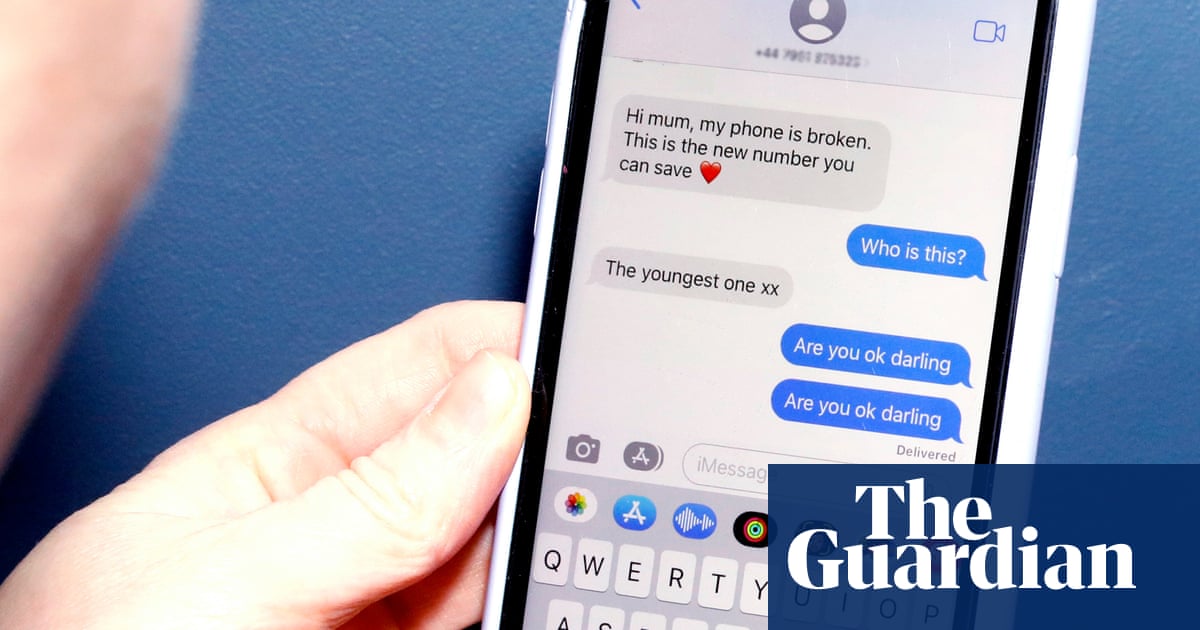
egrets, we’ve had a few. In fact, according to a survey of 2,000 people in the UK, we fritter away 110 hours a year lamenting what might have been. Eight in 10 people believe their lives would be better if they had taken more risks, while a quarter of those asked by the consumer research company Mortar, in partnership with KP Nuts, still long for past loves. The psychologist Linda Blair offers advice on how to tackle the most common regrets of the living.
Not saving more when younger
“The human brain looks back and forward. It’s one of the things that makes us different from other creatures. Some people feel trapped by this ability, while others gain wisdom from it. This, like every one of these regrets, you could deal with right now. You can’t go back to when you were younger, but you can start saving. You may need to seek professional advice but the way I work with regret is to say: ‘This is a lesson. Act on it instead of dwelling upon it.’”
Not keeping in touch with old friends
“Again, use your regret and say: ‘Wow, I really learned something from that. Old friends matter more than almost anything for me. So who am I going to contact today?’ I would write a card or send a little photo from when you were together and say: ‘You know what? I just realised we have not been in touch, and I miss that. Could we meet up?’ Or: ‘Could we talk?’”
Regret can seriously damage your mental health – here"s how to leave it behind
Read more
Not taking the plunge in a romance
“We’re very bad judges of how we felt in the past, and how we’ll feel in the future. The only way to be happy is to judge how you are feeling right now. So stop allowing your past to control the present. You could join a dating app, but first talk to friends who have successfully built a new relationship later on in their lives and ask how they did it.”
Not travelling when life involved fewer responsibilities
“We’re poor judges, too, when it comes to remembering how much we did or did not like travelling. Regret is based on inaccurate information, and is often an excuse to not take a chance. Break things down into doable parts. You may indeed have more responsibilities now, so there are two questions: how can I travel with my responsibilities? And: which responsibilities do I have that aren’t necessary?”
Not pursuing a better-paid job
“Rather than looking at what you haven’t done yet, look at what you are able to do. At any given moment, you have at least 10 choices of what to do, so you will always have things that you can either choose to regret or you can learn from. Remember that every day is a window of opportunity, and every day you are wiser than you were yesterday because you learned from your mistakes.”
As 2020 begins…
… we’re asking readers, like you, to make a new year contribution in support of the Guardian’s open, independent journalism. This has been a turbulent decade across the world – protest, populism, mass migration and the escalating climate crisis. The Guardian has been in every corner of the globe, reporting with tenacity, rigour and authority on the most critical events of our lifetimes. At a time when factual information is both scarcer and more essential than ever, we believe that each of us deserves access to accurate reporting with integrity at its heart.
More people than ever before are reading and supporting our journalism, in more than 180 countries around the world. And this is only possible because we made a different choice: to keep our reporting open for all, regardless of where they live or what they can afford to pay.
We have upheld our editorial independence in the face of the disintegration of traditional media – with social platforms giving rise to misinformation, the seemingly unstoppable rise of big tech and independent voices being squashed by commercial ownership. The Guardian’s independence means we can set our own agenda and voice our own opinions. Our journalism is free from commercial and political bias – never influenced by billionaire owners or shareholders. This makes us different. It means we can challenge the powerful without fear and give a voice to those less heard.
None of this would have been attainable without our readers’ generosity – your financial support has meant we can keep investigating, disentangling and interrogating. It has protected our independence, which has never been so critical. We are so grateful.
As we enter a new decade, we need your support so we can keep delivering quality journalism that’s open and independent. And that is here for the long term. Every reader contribution, however big or small, is so valuable. Support The Guardian from as little as $1 – and it only takes a minute. Thank you.












